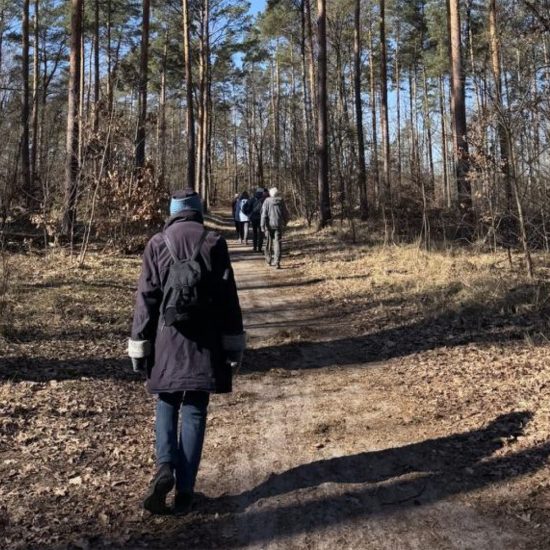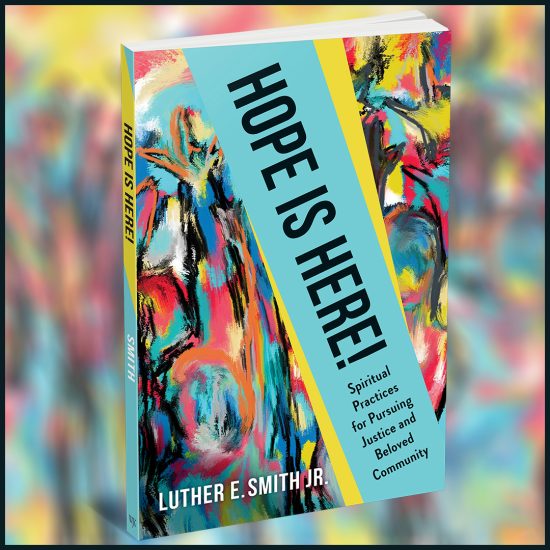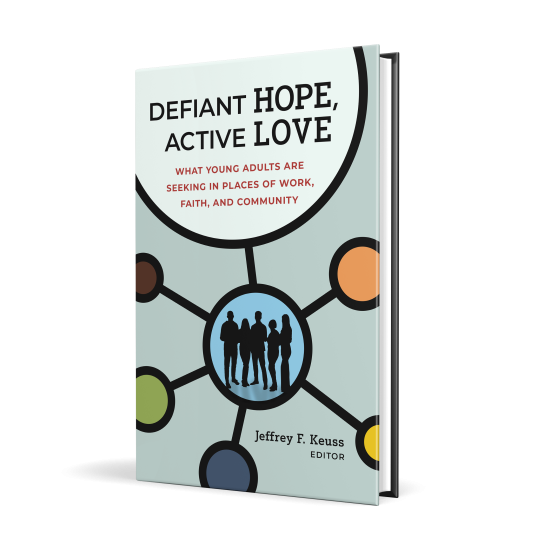
The new US presidential administration is navigating its first 100 days. Vaccines are making their way to priority workers and the most vulnerable. Hollywood is releasing new movies on multiple platforms simultaneously. Workplaces are navigating new hybrid environments. Sports stadiums are welcoming back fans in limited capacity. Restaurants host safely-distanced patrons. School halls are again roamed by students in search of breaks from math problems with letters.
As American singer-songwriter Bob Dylan wrote, “The Times They Are a-Changin’.”

Greg Mamula
Like everyone else, the American church adapted. Online and hybrid worship services are normal. Small group discipleship and coffee fellowships are accomplished in Zoom meetings. Sermon clips, testimonies, and behind-the-scenes content are shared with Tik-Tok. Churches are better recognizing the importance of total mind, body, and soul care by inviting mental health practitioners and exercise instructors to minister alongside traditional church leadership. Take-home-bags filled with family devotion material is a staple. Online discipleship resources like The Bible Project and Seminary Now by Northern Seminary are more important than ever.
The times are indeed a-changin’.
The online church experience can make pastors, leaders, and volunteers feel like a content factory. Countless hours are spent each week by pastors and volunteers getting the material just right before hitting that publish button. Then countless more hours checking stats, hits, and engagements to see what landed and what missed. It is important. It will be part of the normal church experience from now on.
It can also be exhausting.

(Victoriano Izquierdo/Unsplash)
The good news is your local church is not designed to be a vending machine producing endless streams of creative content for religious consumers. The church is a community embodying of the Kingdom of God. All new media platforms provide opportunity for us to foster community. Exhaustion sets in when we confuse content clicks for church community.
This is not a new stumbling stone for the American church. It has simply changed color like a chameleon. Our model of church has long thrived in a content rich environment. Programs for every age group and social demographic. Entertaining music and captivating speakers. Deep small group studies written and led by the best teachers. Sometimes we even pay such content creators. I too have created countless Bible studies, sermons, podcasts, songs, graphics, articles, and ministry activities.
I love content, I am creating content by writing this article. But creating and consuming religious content is not the same thing as engaging in community as citizens of the kingdom of God.
This is the thing I feel is exhausting congregations. We have supplanted community with content consumption. Part of me feels some of the blame is rooted in our understanding of evangelism and discipleship. When the gospel is distilled to theological belief in Jesus forgiving sins so we can go to heaven, the rest of life becomes managing a waiting game. Of course, I believe Jesus died for sins, but the gospel is vastly larger than sin management, atonement theories, and heaven. When the gospel is truncated to knowing Jesus and going to heaven, we rely on content rich infographics because we want to convince people of a singular doctrinal truth.
The gospel is expansive and includes becoming adopted heirs and active participants in the kingdom of God. Content is still important when embracing a fuller gospel, but it becomes a tool equipping an active community to engage in the mission of God, here and now. Every ministry, sermon, small group, and worship experience becomes about revealing the kingdom of God among us, instead of a Christian karaoke bar.
Loving God and loving others does not simply happen. It requires effort and work. We need content that is filled with gospel truth that fosters community, justice, service, grace, and love toward, with, and for others.
If your congregation and leaders are exhausted by the amount of content it is creating and consuming, take time to examine the content and its purpose. Perhaps content focused on a fuller gospel equipping disciples to participate in community together as brothers and sisters might bring revitalization. Sometimes less is more. Given our culture and context it will still require new media platforms, but how we utilize it might change how we feel.
Rev. Dr. Greg Mamula is the Associate Executive Minister for the American Baptist Churches of Nebraska. He is author of Table Life: An Invitation to Everyday Discipleship, to be published by Judson Press. Visit table-life.org to learn more about his ministry and writing projects.






